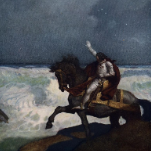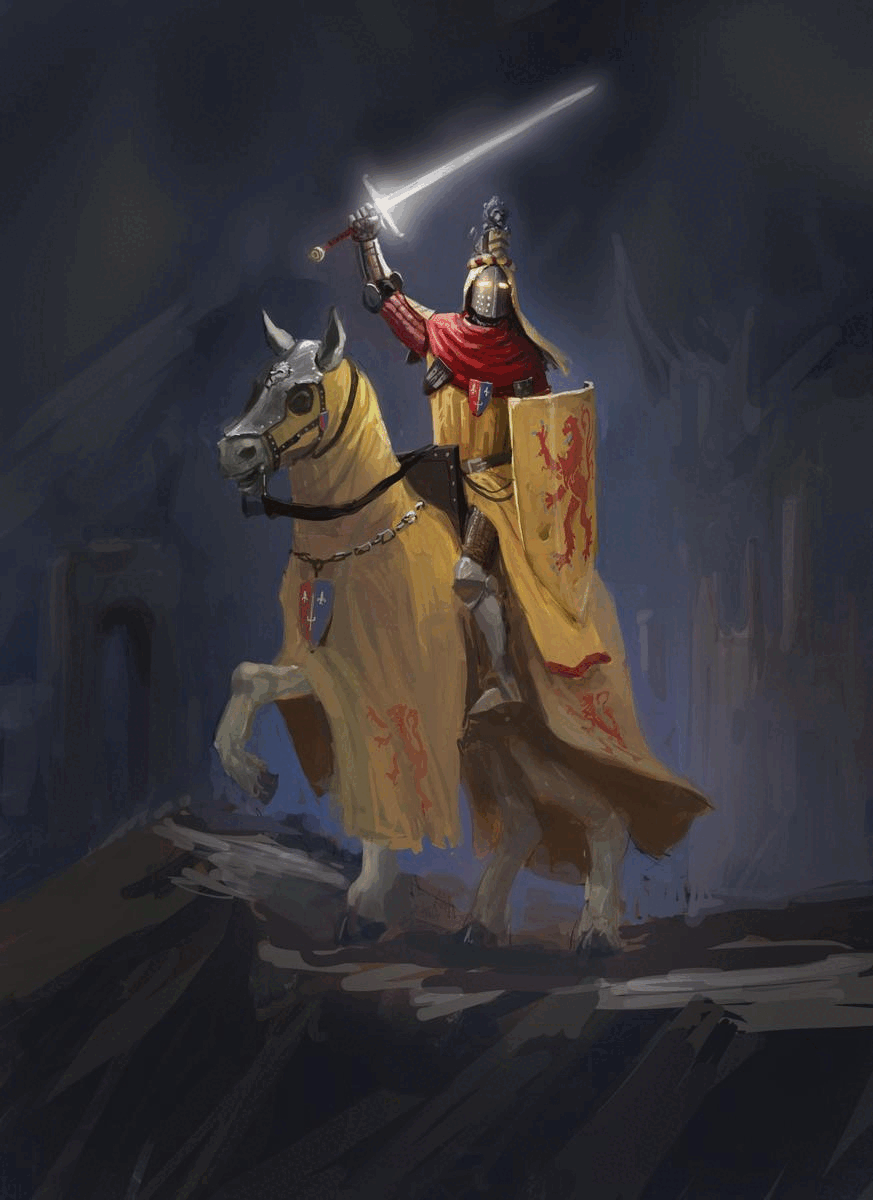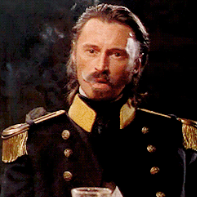THE WINTER CROWS: Volume II; Andrik II - The Soldier
-
Recently Browsing 0 members
No registered users viewing this page.
-
Popular Topics
-
Topics
-
Recent Status Updates
-
Options
Options
-
Okay so which of the Musin named their place after an ASMR Youtuber. I won't snitch, promise
No Recent Status Updates -
Options














Recommended Posts